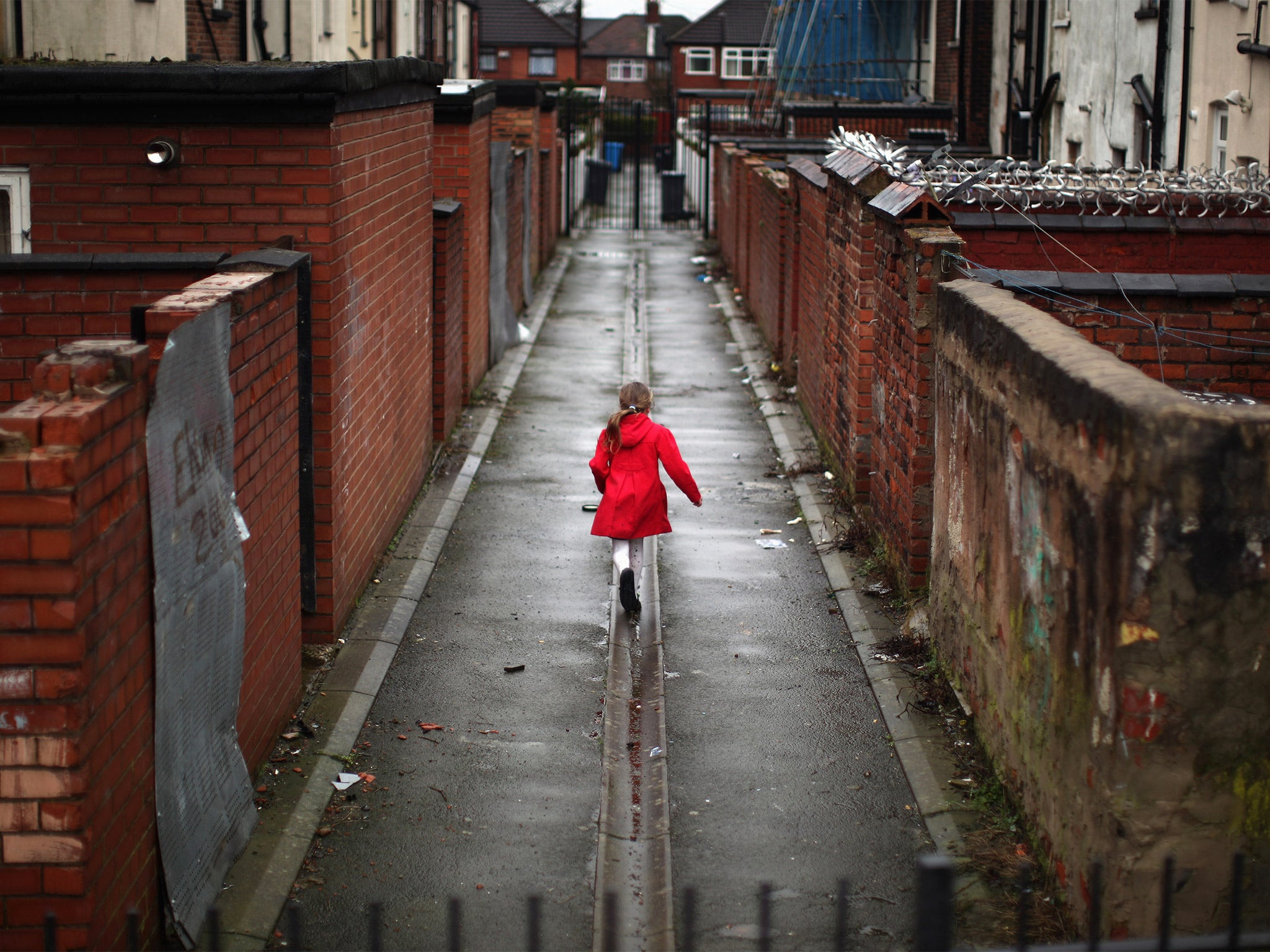Poorest pay higher taxes than richest, new figures show
VAT and council tax shown to disproportionately hit low earners but Conservatives refuse to rule out rises

The poorest 10 per cent of households in the UK pay a greater proportion of their income in tax than the richest 10 per cent, new analysis has revealed.
Officials statistics show the lowest tenth of earners pay an average of 42 per cent of their income in the form of income tax, national insurance, VAT and council tax.
In contrast, the richest 10 per cent see around a third (34.4 per cent) of their earnings go to the taxman, according to analysis by The Equality Trust.
Council tax and VAT were found to hit the poorest households particularly hard. Low earners pay an average of seven per cent of their income in council tax while the wealthiest households pay just 1.5 per cent.
A similar trend applies to VAT, on which the poor pay 12.5 per cent of their income while the rich pay five per cent.
Reports this week suggested Theresa May and Philip Hammond are planning to hike VAT by 2.5 per cent after the 8 June election, hitting poor families even harder. David Cameron’s coalition government raised VAT from 17.5 per cent to 20 per cent in 2011, despite the Tories previously having said they had “no plans” to increase it.
In analysis that paints a stark picture of inequality in Britain, The Equality Trust found that the richest 10 per cent of households have an average pre-tax income of £110,632 per year compared to just £19,992 for the poorest.
Dr. Wanda Wyporska, Executive Director of The Equality Trust, said: “When the super-rich are paying less in taxes than their cleaners, you know something has gone disastrously wrong with our broken, regressive tax system.
“Time after time we see sensible reforms attacked and rejected in favour of tax cuts for billionaires. These do nothing for ordinary people struggling to keep a roof over their head.
“If political parties are serious about representing working people, they need to shift the burden of tax to those with the broadest shoulders. Only then will we see a fairer and more equal society.”
The figures also reveal that, while the UK’s public finance deficit has fallen by £20 billion, public debt has risen by £123.5 billion.
John McDonnell, Labour’s Shadow Chancellor, said: “Today's figures reveal that the national debt has gone up by £123 billion since March last year, and with a Tory Chancellor who won’t rule out raising taxes on low and middle earners, and has no plan to deal with inflation rising ahead of earnings, it is clear the Tories want the rest of us to pay for their mistakes.
"Yet despite their broken promises on the public finances they continue to hand out tens of billions in tax giveaways to the super-rich and big corporations, while enforcing spending cuts on everyone else; underfunding our NHS and leaving our care system in crisis for the most vulnerable.”
Join our commenting forum
Join thought-provoking conversations, follow other Independent readers and see their replies
Comments
Bookmark popover
Removed from bookmarks